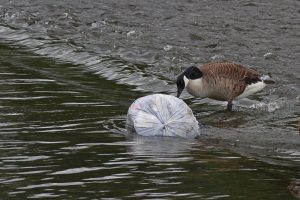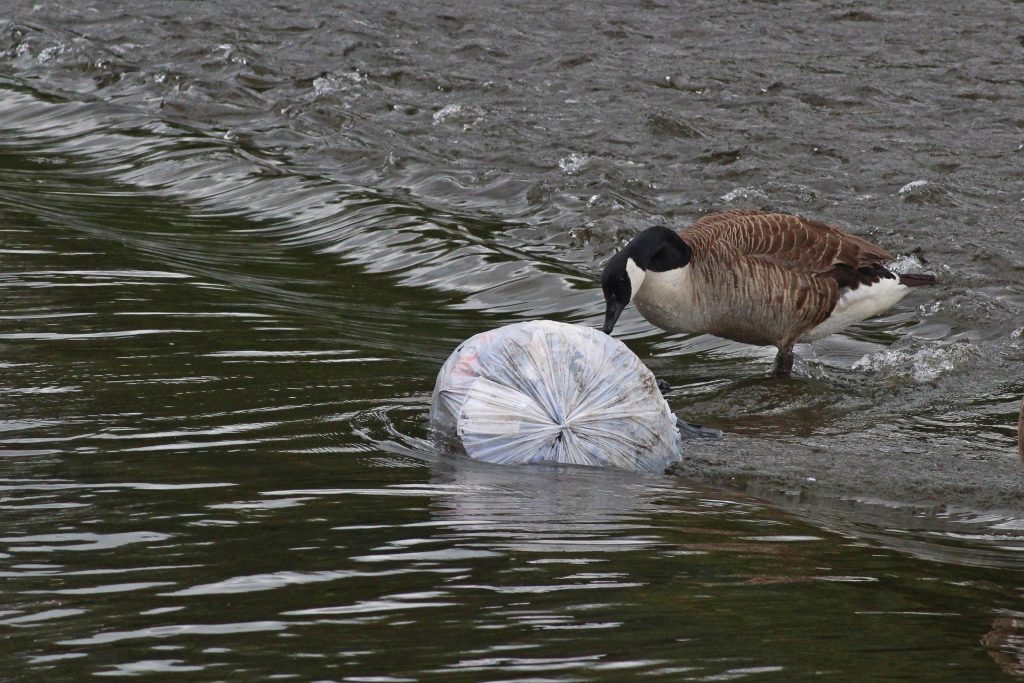River Thames ‘severely polluted with plastic’

THE River Thames has some of the highest recorded levels of microplastics for any river in the world.
Scientists have estimated that 94,000 microplastics per second flow down the river in places.
The quantity exceeds that measured in other European rivers, such as the Danube and Rhine.
Tiny bits of plastic have been found inside the bodies of crabs living in the Thames and wet wipes flushed down the toilet are accumulating in large numbers on the shoreline.
Researchers at Royal Holloway, University of London, are calling for stricter regulations on the labelling and disposal of plastic products.
They warn that careless disposal of plastic gloves and masks during the coronavirus pandemic might make the problem of plastic pollution worse.
“Taken together these studies show how many different types of plastic, from microplastics in the water through to larger items of debris physically altering the foreshore, can potentially affect a wide range of organisms in the River Thames,” said Prof Dave Morritt from Royal Holloway.
“The increased use of single-use plastic items, and the inappropriate disposal of such items, including masks and gloves, along with plastic-containing cleaning products, during the current Covid-19 pandemic, may well exacerbate this problem.”
The scientists point out that the Thames is cleaner than it used to be with respect to some pollutants, such as trace metals.









